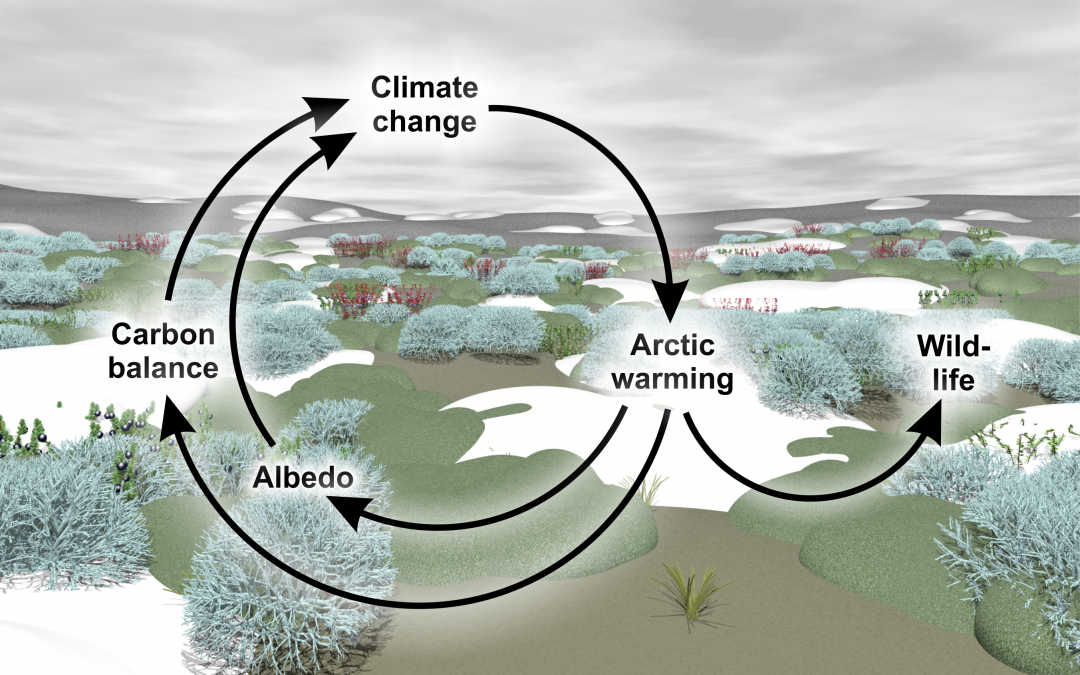
von Thomas Fester | Mai 15, 2017 | Climate Change, Ecology, News, Soil Biology
How are rising temperatures affecting the arctic? Global warming has particularly strong effects in the arctic; arctic temperatures are rising particularly fast. What are the consequences of these changes? How is the arctic reacting to increasing temperatures?...
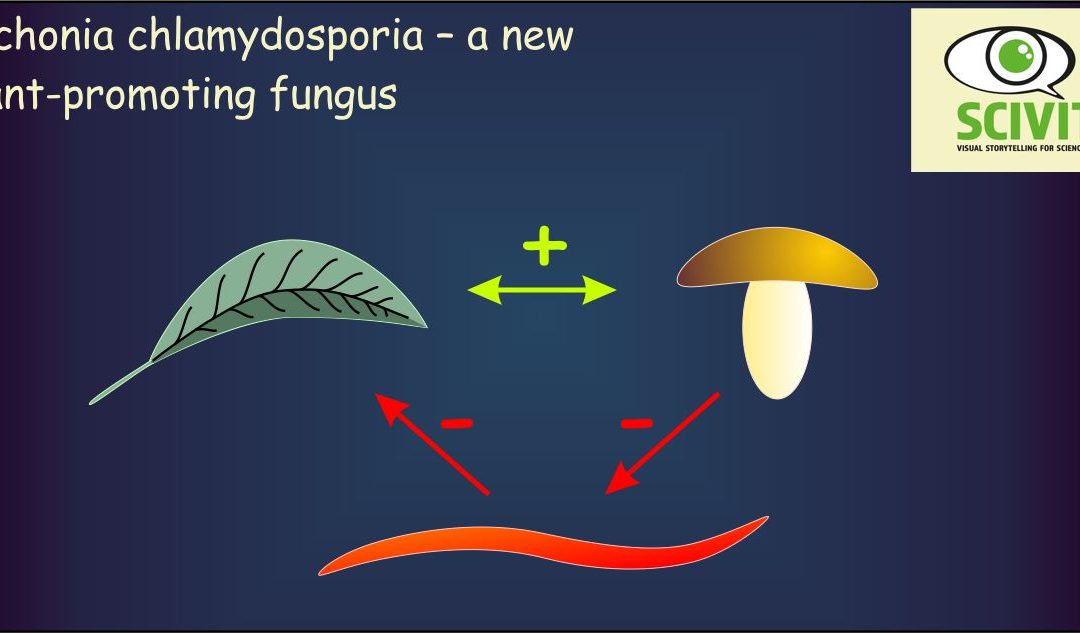
von Thomas Fester | Feb. 3, 2017 | News, Soil Biology
Beneficial interactions of plants and fungi While there are many fungi attacking and damaging plants there is also a large number of beneficial ones. In fact plants and fungi make perfect partners complementing each other. Plant organisms have almost unlimited access...
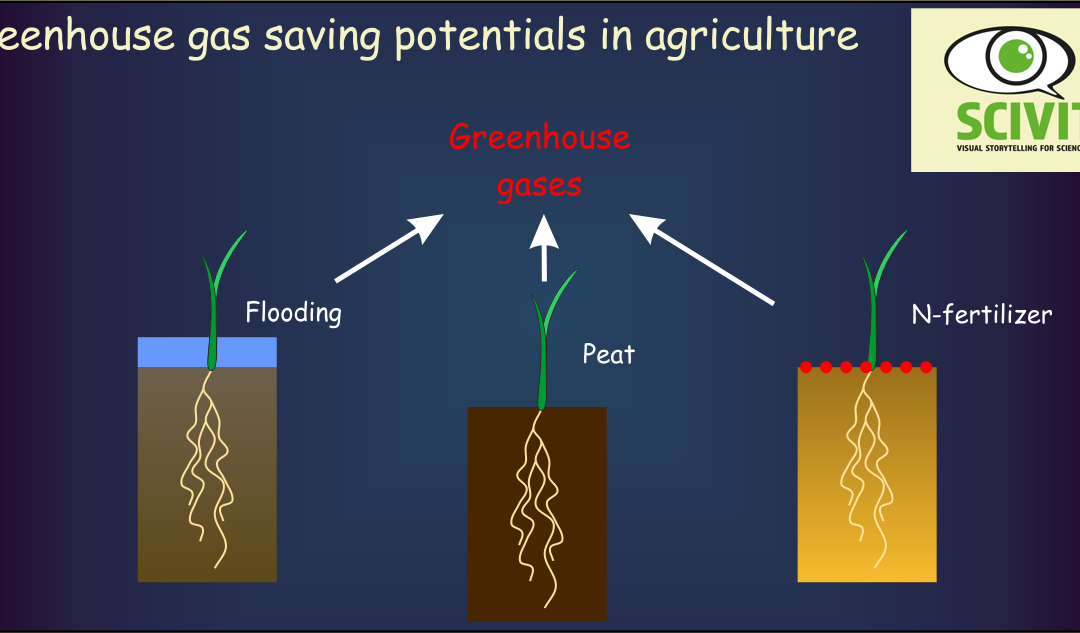
von Thomas Fester | Jan. 13, 2017 | Climate Change, Ecology, News, Soil Biology
How to obtain global data on cropland greenhous gas production? Agriculture is responsible for a good part of human-caused greenhouse gas production. Reducing the amount of CO2, CH4 and N2O produced in agriculture will be crucial for climate change mitigation efforts...
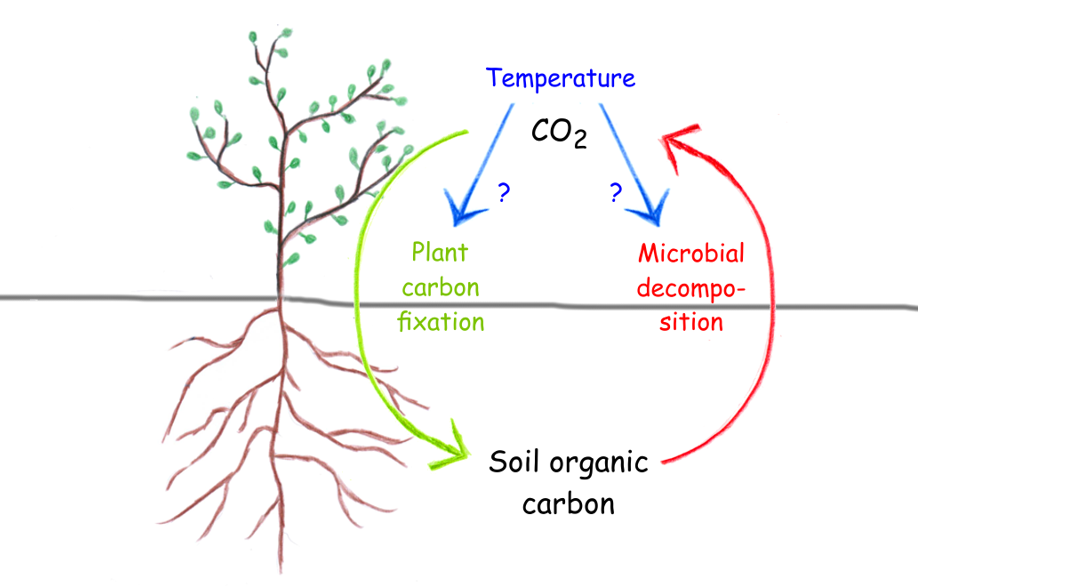
von Thomas Fester | Dez. 15, 2016 | Ecology, News, Soil Biology
Soils at high latitudes will be carbon sources under climate change Soil organic carbon constitutes a large terrestrial reservoir with a potentially significant impact on global levels of carbon dioxide. Global warming may either result in mobilization of this...
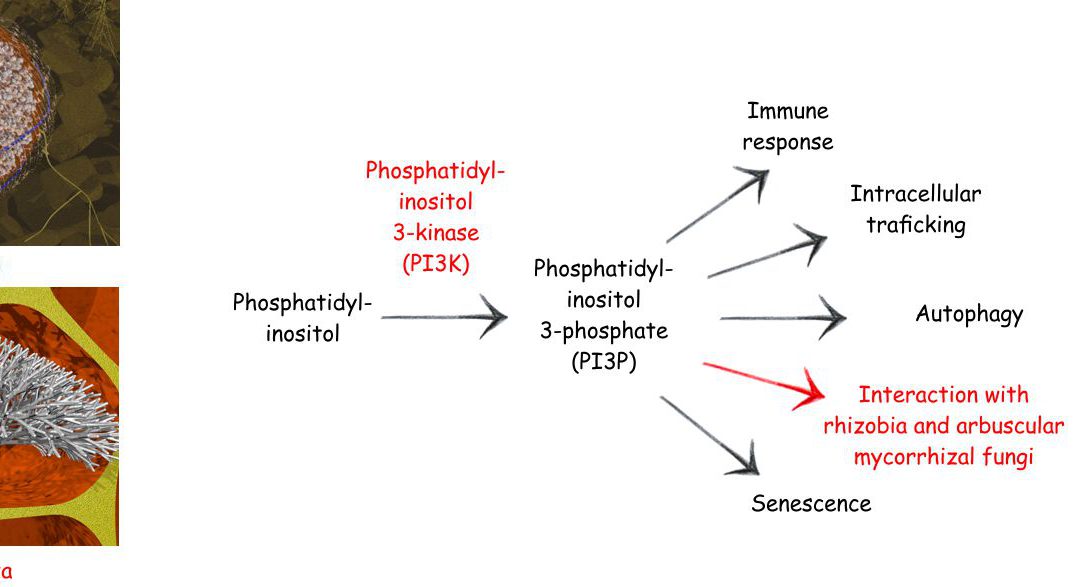
von Thomas Fester | Dez. 10, 2016 | Molecular Cytology, News, Soil Biology
How can plant mutualistic symbionts enter their hosts? Microorganisms may be very harmful to plants. There are; however, beneficial microbes as well, with rhizobia and arbuscular mycorrhiza fungi as best-known examples. Both groups of organisms engage in very...
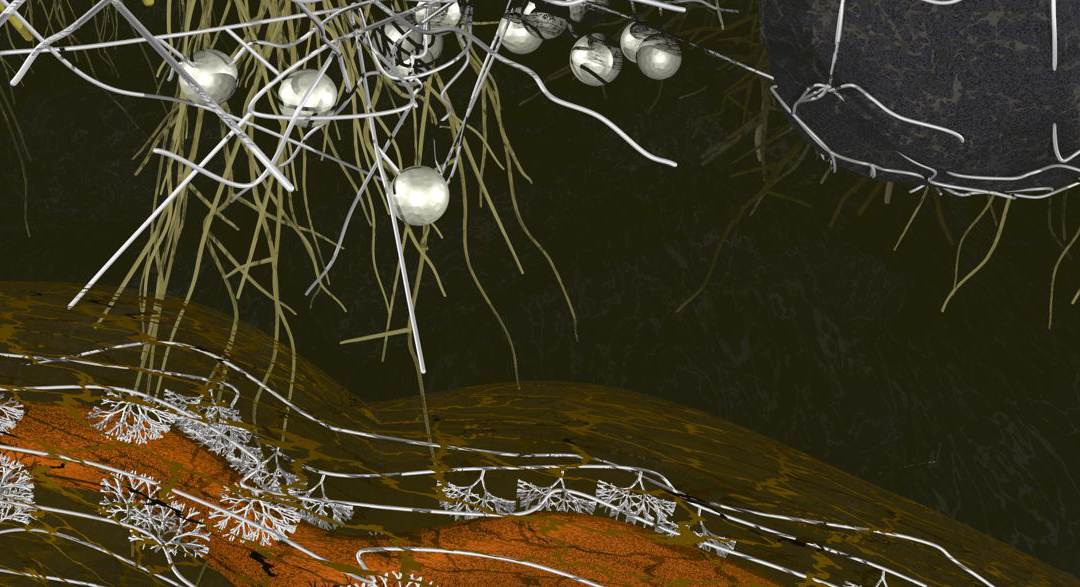
von Thomas Fester | Nov. 14, 2016 | Ecology, Soil Biology
From climate change to soil fertility – small soil fungi with big impact When looking at roots from plants growing in your garden there is a good chance that they will be colonized by arbuscular mycorrhizal fungi. These fungi are very small and you won’t see...







Neueste Kommentare